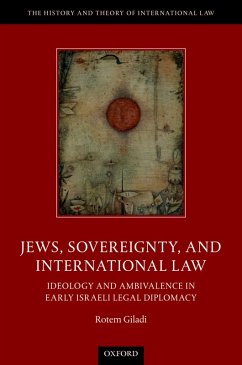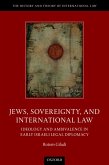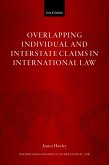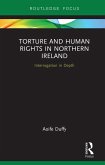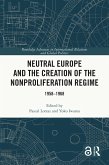By departing from accounts of a universalist component in Israel's early foreign policy, Rotem Giladi challenges prevalent assumptions on the cosmopolitan outlook of Jewish international law scholars and practitioners, offers new vantage points on modern Jewish history, and critiques orthodox interpretations of the Jewish aspect of Israel's foreign policy. Drawing on archival sources, the book reveals the patent ambivalence of two jurist-diplomats-Jacob Robinson and Shabtai Rosenne-towards three international law reform projects: the right of petition in the draft Human Rights Covenant, the 1948 Genocide Convention, and the 1951 Refugee Convention. In all cases, Rosenne and Robinson approached international law with disinterest, aversion, and hostility while, nonetheless, investing much time and toil in these post-war reforms. The book demonstrates that, rather than the Middle East conflict, Rosenne and Robinson's ambivalence towards international law was driven by ideological sensibilities predating Israel's establishment. In so doing, Jews, Sovereignty, and International Law disaggregates and reframes the perspectives offered by the growing scholarship on Jewish international lawyers, providing new insights concerning the origins of human rights, the remaking of postwar international law, and the early years of the UN.
Dieser Download kann aus rechtlichen Gründen nur mit Rechnungsadresse in A, B, BG, CY, CZ, D, DK, EW, E, FIN, F, GR, HR, H, IRL, I, LT, L, LR, M, NL, PL, P, R, S, SLO, SK ausgeliefert werden.

